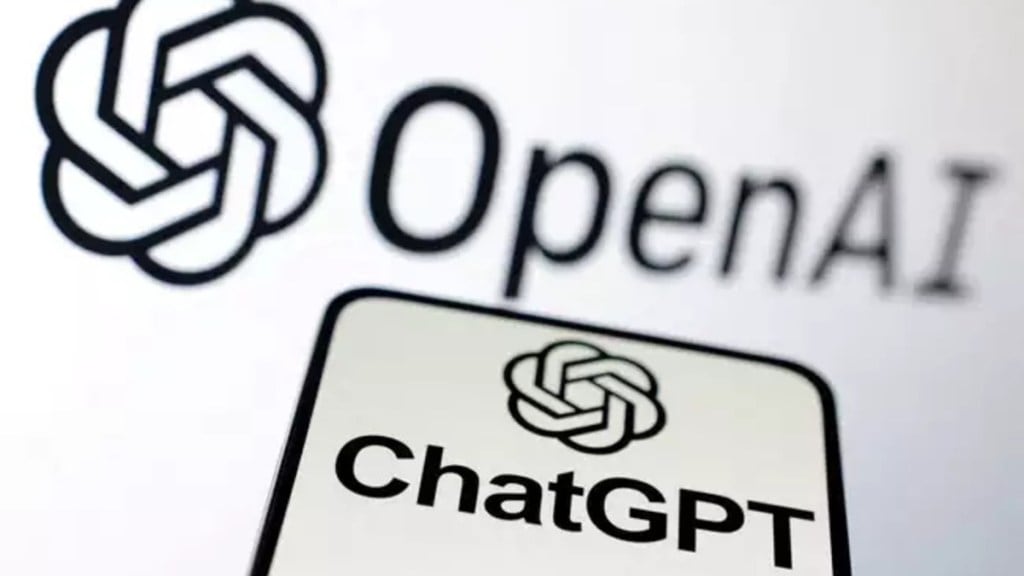A recent investigation by researchers at MIT reveals that using generative AI tools such as ChatGPT at the beginning of the writing process may dull brain function, reduce memory retention, and limit creative thinking. The findings spark crucial discussions about the role of AI in academic settings and how students should be integrating such technologies into their learning routines.
In a study involving 54 volunteers between the ages of 18 and 39, participants were divided into three distinct groups. One group composed essays using ChatGPT based on SAT-style questions, another relied on Google Search, while the final group completed the task entirely unaided—no digital tools, just their own thinking. Throughout the process, researchers tracked brain activity using EEG headsets to measure how mentally engaged each person truly was.
The results were striking: those using ChatGPT displayed the lowest levels of brain stimulation across 32 different regions. English teachers reviewing their essays described them as lacking depth and emotion. Data revealed a steady decline in originality, concentration, and effort over time.
By the final tasks, several participants had resorted to simply inputting prompts into ChatGPT and copying the results with barely any changes. Their brainwave patterns mirrored this disengaged approach.
In contrast, those in the “no-tech” group exhibited the highest mental activity, especially in areas of the brain associated with creativity, concentration, and memory retention. They also expressed greater satisfaction and a stronger sense of ownership over their essays.
Even those who used Google Search demonstrated more cognitive effort than the ChatGPT group—indicating that actively searching for information stimulates the brain more than outsourcing the entire task to an AI.
Lead scientist Nataliya Kosmyna cautions that although AI tools are convenient, overdependence—particularly during formative years—may hinder cognitive development.
This eye-opening research found that individuals who depended on ChatGPT showed reduced brain activity, had weaker recall, and felt less emotionally invested in their tasks. While AI tools like ChatGPT can boost productivity, the findings suggest they might also be encouraging mental complacency in many users.







